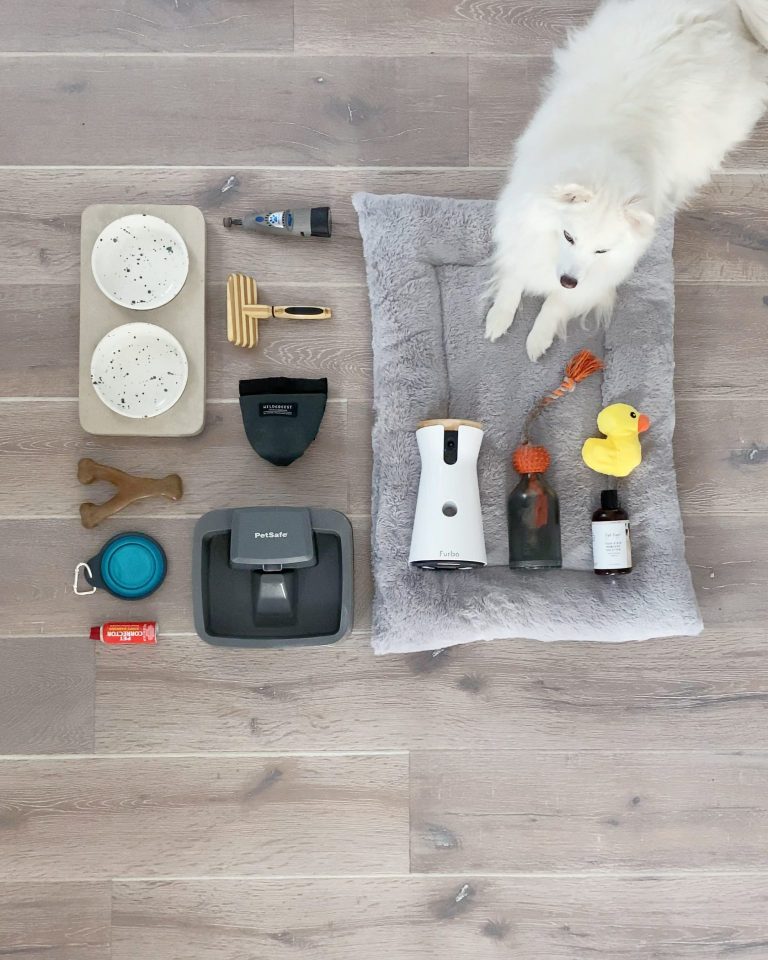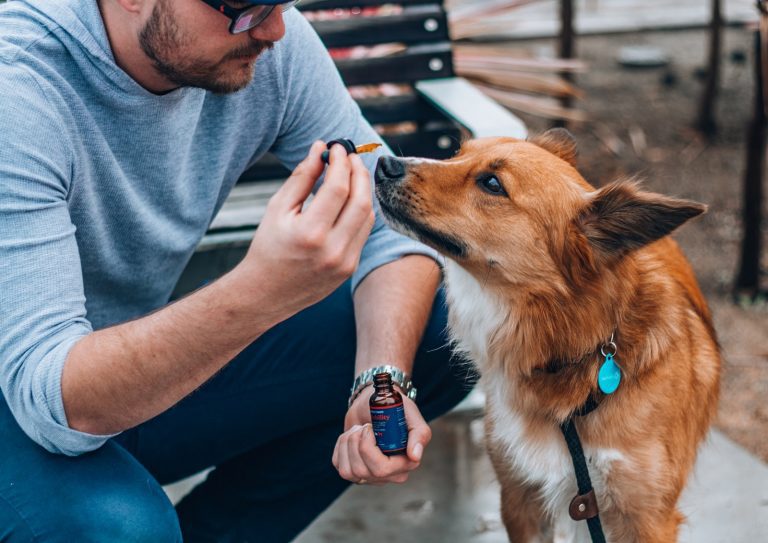Dog owners can notice right away when their pet is upset or sad about something, whether it is missing a family member that went to work or school, a friend of them that passed away, or maybe even just not getting enough treats. But as we all know, sadness and depression vary greatly, so is your pet just sad or depressed?
Depression
Although dogs can get extremely sad in certain situations, it is unknown whether it can be classified as depression, given that they are unable to tell us their exact feelings. However, in some cases such as a friend or family member passing away, they tend to show signs of clinical depression, and veterinarians have resorted to giving them antidepressants, but only on extreme cases. So, even though the answer is truly unknown, we can assume it can happen, despite not knowing if they suffer from it the same way humans do.

Causes
One of the main causes for depression in dogs is loss. Often when they lose someone, dogs may become extremely depressed, sometimes resorting to finding a “safe spot” and never leaving it. They can also feel depressed by the loss of one of their body parts, mobility, or “freedom”, which can happen through injuries and/or illnesses.
Another cause may be moving houses, which is a major change not only for humans, but their pets as well. It can be a really stressful situation for your dog so make sure to look out for them when making big decisions like moving!
It is not unheard of for boredom to be a cause as well, in fact, it is quite common! When dogs don’t have anything to do, they can become depressed, so give them a job and they will be happy.
Last but not least, your attention. When dogs sense lack of attention towards them they tend to get depressed, attempting anything to get your attention, which often results in destructive behavior or cleanliness.
Signs
Signs your dog may be depressed include hiding, lack of enthusiasm, not eating, not drinking water, staying in one spot, not wanting to go out or play, keeping to themselves, oversleeping, becoming aggressive and/or anxious, and even just looking sad. Sometimes they can also have physical symptoms such as shedding, licking their paws, etc. All of this may also mean your dog is injured or ill, and not necessarily depressed or sad, so be sure to check with your veterinarian first to make sure they are physically healthy and tell them all of your pet’s symptoms.
What to do?
Exercising your dog regularly is something you must do at all times, but especially when your dog is depressed. Exercising helps the body and the mind equally, just as much as a burst of fresh air will! Giving them attention is also a solution, but not overly so. This means you shouldn’t baby them, but instead try and play with them on a daily basis and when they show signs of happiness, reward them with a treat or simply with positive reinforcement. Socialization is key! Take your dog out to the dog park to socialize with other pets, especially if they have no pet companions at home. At the park, throw a frisbee or a ball and play with your pet!’
Attention-seeking dog behaviour is common. Excessive begging, nudging, whining, barking, jumping on furniture and bringing you toys are all examples of attention-seeking. Image source: Pexels
If you have recently lost another pet, and you believe it to be the cause of your dog’s depression, consider getting another dog if your circumstances allow you to. Having a new puppy in the house might keep your dog too busy to be depressed!
No matter what the cause, if you believe your pet to be depressed, the most important thing is to be there for them and give them plenty of love. Remember as well to take them to your veterinary to be sure they eliminate the possibility of a physical injury or illness. If they continue to be depressed no matter what you do ask your veterinarian what else you can do after telling them what you have already tried.







